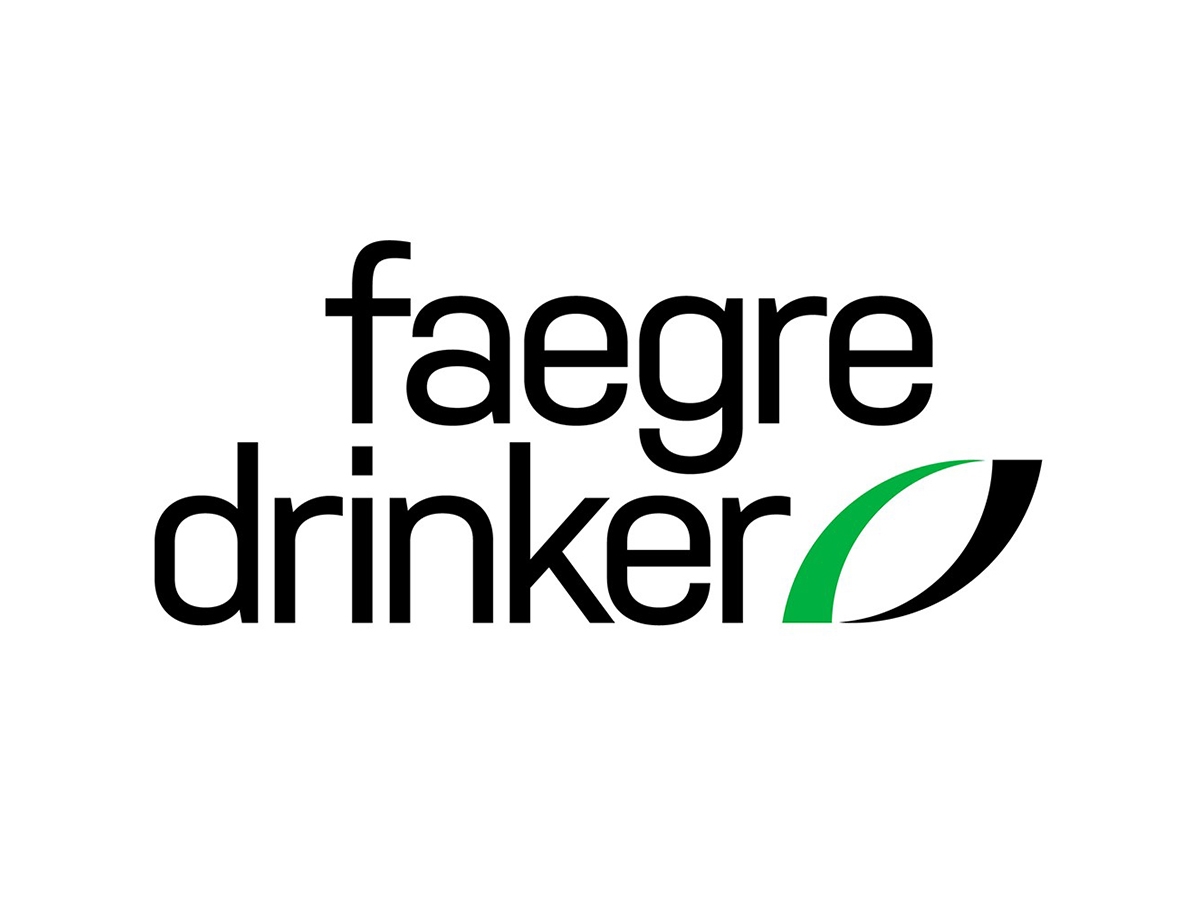Ransomware Payments Become an Even Riskier Choice Amidst the Ever-Growing Sanctions List | Faegre Drinker Biddle & Reath LLP
In February 2022, Executive Order 14024 highlighted that Russia’s invasion of Ukraine threatened not only Ukraine but also the national security and foreign policy of the United States. Pursuant to this executive order, and in the face of national security concerns, the U.S. Department of Treasury’s Office of Foreign Assets Control (OFAC) has instituted extensive sanctions, including both economic and trade sanctions. Also, in response to the national security concerns, the Cybersecurity and Infrastructure Security Agency (CISA) issued a Shields Up notice, urging companies to bolster their cybersecurity to protect themselves against the threat of a cyberattack.
As the conflict between Russia and Ukraine continues, the threat of a cyberattack, specifically ransomware and NotPetya-style attacks, remains top of mind. However, as entities continue to bolster their cybersecurity and protect themselves against these attacks, they should be cognizant of the implications that OFAC sanctions may have in connection with such an attack.
All U.S. persons must comply with the sanctions against Russia. U.S. persons are defined as U.S. citizens and permanent residents regardless of location, as well as all persons and entities who are in the U.S. and all entities incorporated in the U.S. and any of their foreign branches.
This analysis becomes complicated during ransomware attacks. When an entity is the victim of a ransomware attack, they typically have to make a decision about whether to pay the attacker a ransom in order to retrieve their data or to get a key to unencrypt their data. Ransom payments — including payments with cryptocurrency or payments facilitated through third parties — to sanctioned persons or entities are in violation of the OFAC regulations. In light of the Russia-Ukraine conflict, the number of sanctioned individuals and entities has increased dramatically, making it more difficult to ensure that an entity requesting a ransom payment is not subject to sanctions.
Making a ransomware payment where it is known that the ransomware attacker originated from a person or group on the OFAC sanctions list is in violation of the OFAC regulations and subjects the payor…


